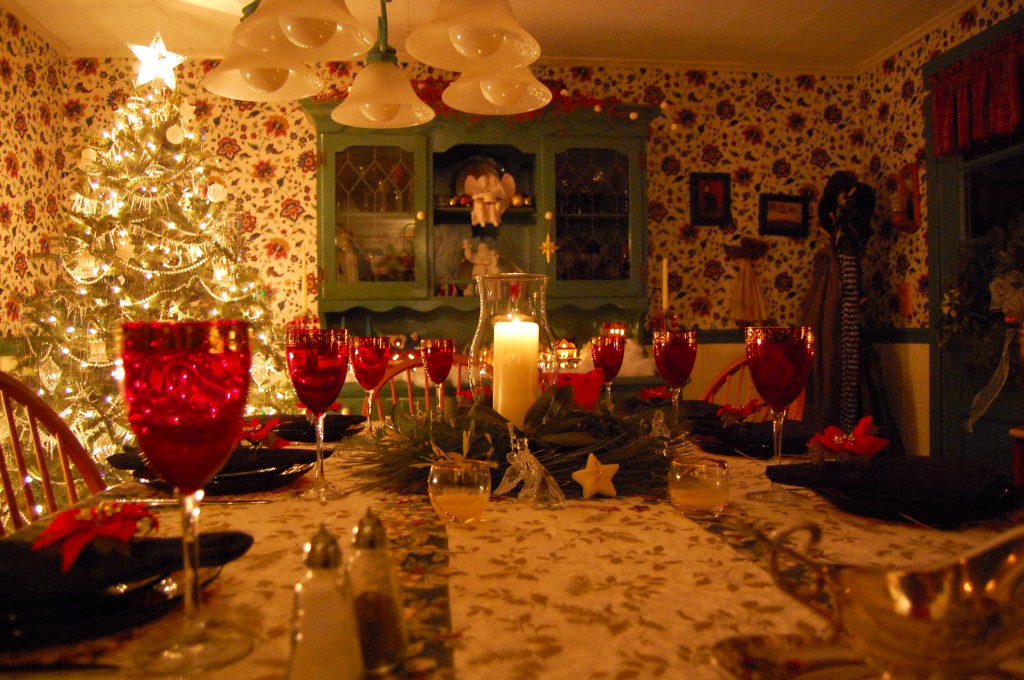‘Systematic discrimination; in flux.’
That is how the International Humanist and Ethical Union (IHEU) described the United Kingdom in its annual Freedom of Thought Report, which arrived last week for Human Rights Day on 10 December. It is the authoritative annual report into the legal status of and discrimination against the non-religious around the world.
In Saudi Arabia, atheism is now ‘terrorism’; in Malaysia, ‘humanism and secularism as well as liberalism’ have been singled out by the leader of the nation as prime causes of moral degradation. In 13 countries, atheism is punishable by death. This represents one end of the spectrum, and it would be tempting on the basis of this comparison to view Britain as a paradise for non-believers. But the reality isn’t quite so; only nine countries support full legal equality for religious and non-religious alike, IHEU finds.
As in previous years, the UK has been given an amber rating, signifying ‘Systemic Discrimination’, because of entrenched problems such as discrimination in admissions and employment by state-funded ‘faith’ schools, the presence of established churches in England and Scotland, and reserved seats for bishops in the House of Lords.
The UK was also one of only a handful countries this year to receive the special ‘In Flux’ rating because of conflicting signs about the future of discrimination against the non-religious in Britain. Despite the distance we’ve travelled to ensure that most non-religious people can live happily, confidently, and without harassment in their everyday lives, systemic problems remain, and 2014 was a year of marked attempts to politicise issues around religion or belief, as well as for claiming special significance for Christianity in Britain. And in parts of the country such as Northern Ireland, religious influence over politicians still remains the primary roadblock to sexual health rights for women and marriage rights for gay people.
The BHA will of course continue to work towards a secular state ensuring equal treatment of everyone, regardless of religion or belief. You can help this work by becoming a member, if you haven’t done so already, or by encouraging your friends to sign up. Your membership directly empowers our work financially – running campaigns can be expensive – just as your support infuses our work with energy and vitality.






